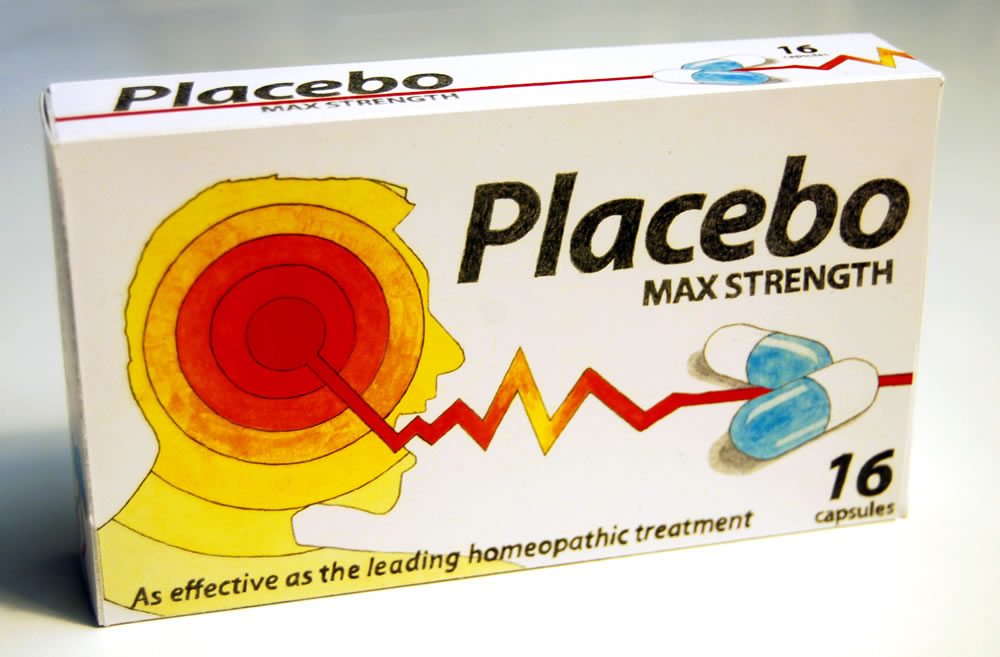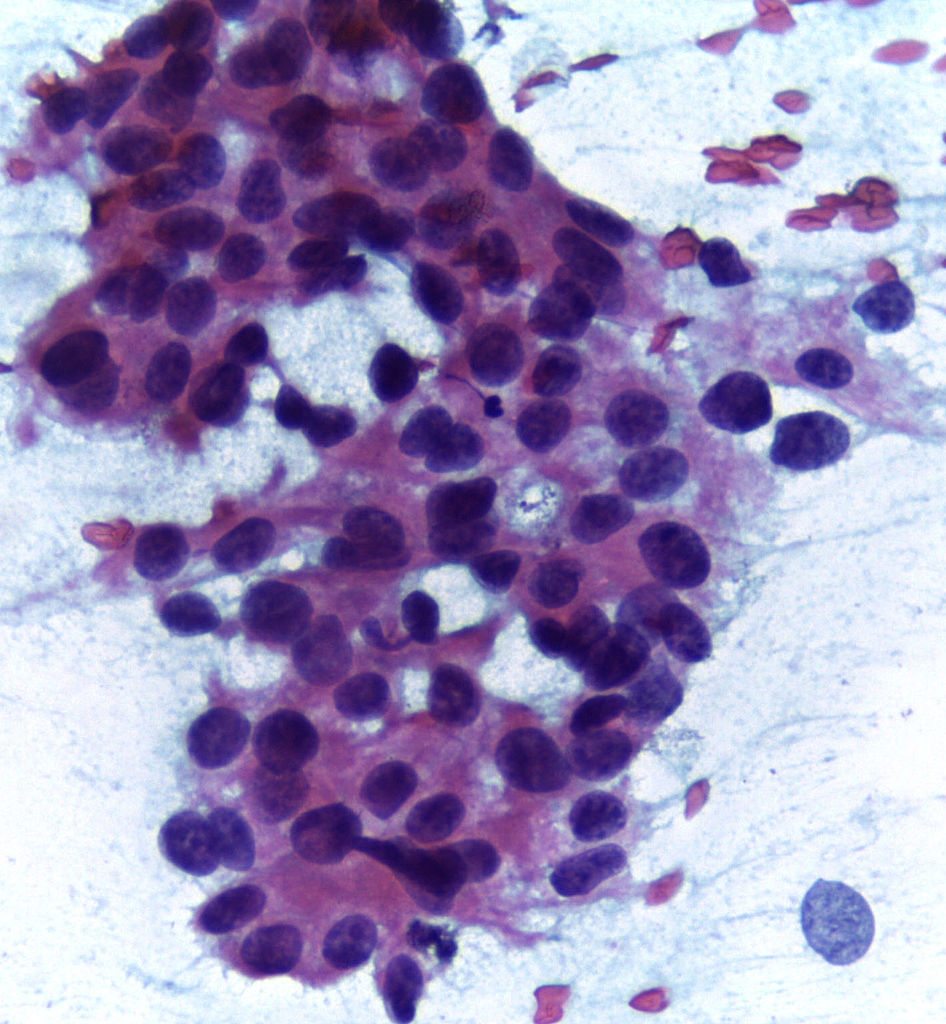Category: Clinical Trials
It’s time for true transparency of clinical trials data
What makes a health professional science-based? We advocate for evaluations of treatments, and treatment decisions, based on the best research methods. We compile evidence based on fair trials that minimize the risks of bias. And, importantly, we consider this evidence in the context of the plausibility of the treatment. The fact is, it’s actually not that hard to get a positive result...

The result of the Trial to Assess Chelation Therapy (TACT): As underwhelming as expected
Chelation therapy. It’s one of the most common quackeries out there, used by a wide variety of practitioners for a wide variety of ailments blamed on “heavy metal toxicity.” Chelation therapy, which involves using chemicals that can bind to the metal ions and allow them to be excreted by the kidneys, is actually standard therapy for certain types of acute heavy metal...
The Trial to Assess Chelation Therapy: Equivocal as Predicted
The ill-advised, NIH-sponsored Trial to Assess Chelation Therapy (TACT) is finally over. 839 human subjects were randomized to receive Na2EDTA infusions; 869 were randomized to receive placebo infusions. The results were announced at this weekend’s American Heart Association meeting in Los Angeles. In summary, the TACT authors report a slight advantage for chelation over placebo in the “primary composite endpoint,” a combination...
NIH funds training in behavioral intervention to slow progression of cancer by improving the immune system
Editor’s note: Because of Dr. Gorski’s appearance at CSICon over the weekend, he will be taking this Monday off. Fortunately, Dr. Coyne will more than ably substitute. Enjoy! NIH is funding free training in the delivery of the Cancer to Health (C2H) intervention package, billed as “the first evidence-based behavioral intervention designed to patients newly diagnosed with cancer that is...

The Placebo Gene?
A study recently published in PLOS one (Catechol-O-Methyltransferase val158met Polymorphism Predicts Placebo Effect in Irritable Bowel Syndrome) purports to have found a gene variant that correlates strongly with a placebo response in irritable bowel syndrome (IBS). The study is small and preliminary, but the results are interesting and do raise important questions about placebo responses. Researchers are increasingly trying to tease apart...
Chinese Systematic Reviews of Acupuncture
I’ll begin with the possibly shocking admission that I’m a strong supporter of the collection of ideas and techniques known as evidence-based medicine (EBM). I’m even the current President of the Evidence-Based Veterinary Medicine Association (EBVMA). This may seem a bit heretical in this context, since EBM takes a lot of heat in this blog. But as Dr. Atwood has said, “we...
Mouse “avatars”: New predictors of response to chemotherapy?
Over the years, I’ve written a lot about “personalized medicine, mainly in the context of how the breakthroughs in genomic medicine and data pouring in from the Cancer Genome Atlas is providing the raw information necessary for developing truly personalized cancer therapy. The problem, of course, is analyzing it and figuring out how to apply it. Another problem, of course, is developing...
News flash! Doctors aren’t all compliant pharma drones!
There’s an oft-quoted saying that’s become a bit of a cliché among skeptics that goes something like this: There are two kinds of medicine: medicine that’s been proven scientifically to work, and medicine that hasn’t. This is then often followed up with a rhetorical question and its answer: What do call “alternative medicine” that’s been proven to work? Medicine. Of course, being...
Is shameless self-promotion of your science a good idea?
As part of my ongoing effort to make sure that I never run out of blogging material, I subscribe to a number of quack e-mail newsletters. In fact, sometimes I think I’ve probably overdone it. Every day, I get several notices and pleas from various wretched hives of scum and quackery, such as NaturalNews.com, Mercola.com, and various antivaccine websites. I think of...

Alternative medicine use and breast cancer (2012 update)
[Editor’s note: It’s a holiday here in the U.S.; consequently, here is a “rerun” from my other super not-so-secret other blog. It’s not a complete rerun. I’ve tweaked it a bit. If you don’t read my other blog, it’s new to you. If you do, it’s partially new to you. See you all next week with brand spankin’ new material. It also...

